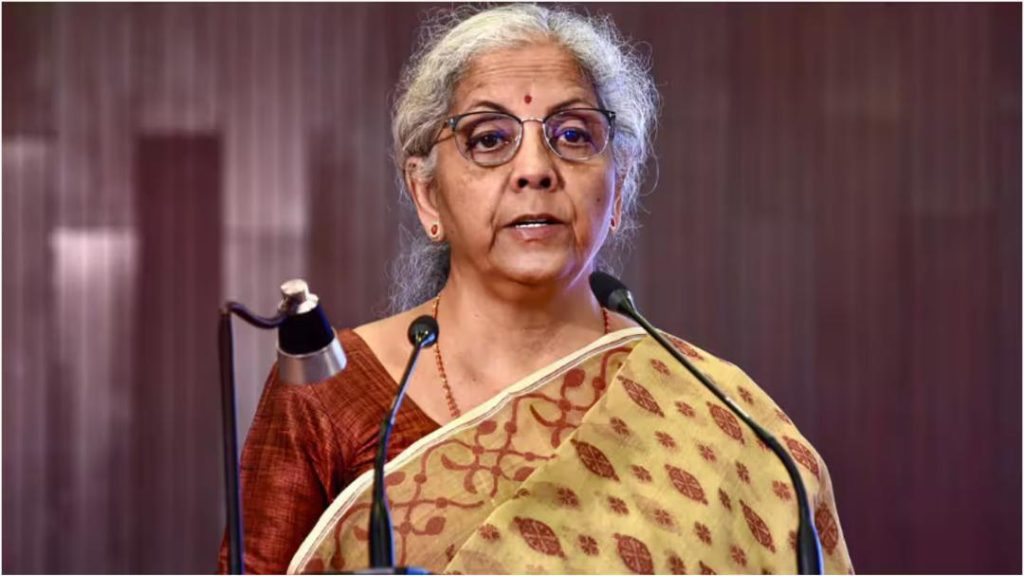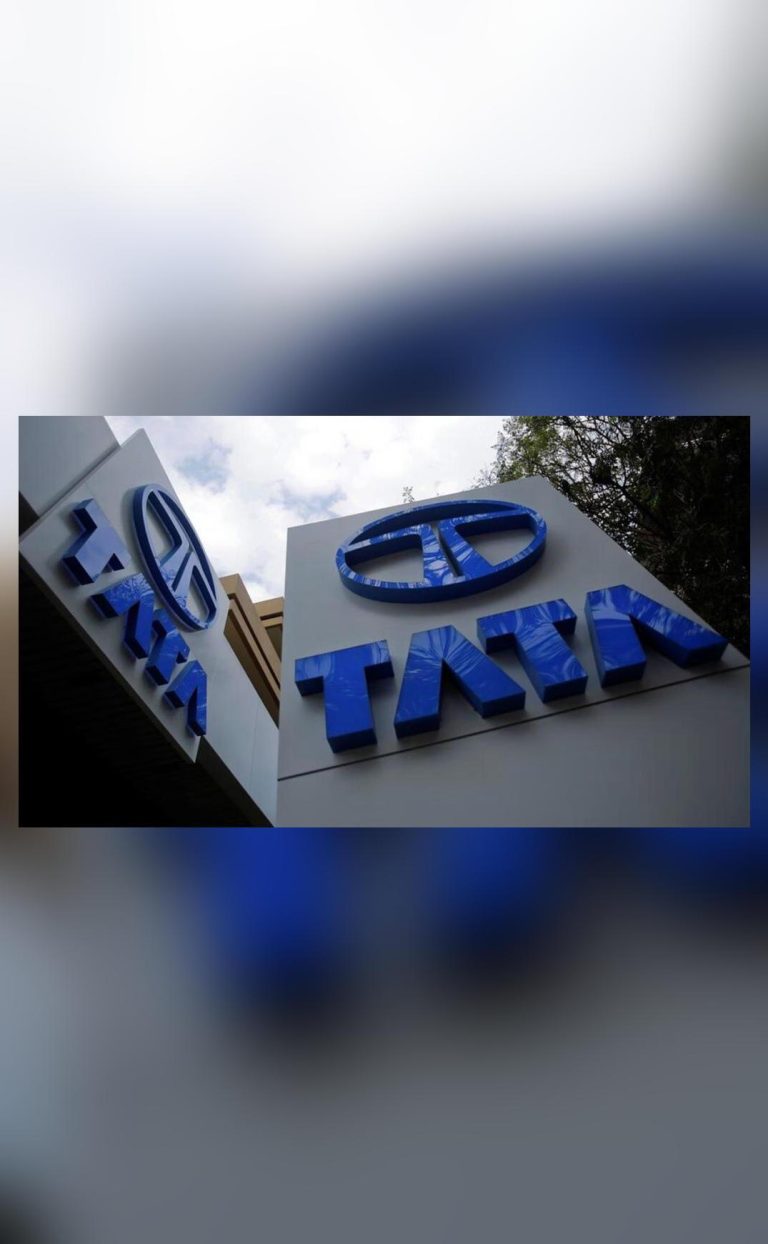
Sitharaman to Hold Brainstorming Conclave with Tax Depts’ Heads
In a move aimed at streamlining tax collection and addressing key issues in the GST regime, Finance Minister Nirmala Sitharaman is set to hold a brainstorming conclave with top officials from the Central Board of Indirect Taxes and Customs (CBIC) and the Central Board of Direct Taxes (CBDT) over the next few days. The conclave, which is scheduled to take place on June 19 and 20 with CBIC officials, and June 23 with CBDT officials, is expected to cover a range of pressing topics, including GST registration, e-commerce compliance, compensation cess, and trade logistics.
According to a report, Sitharaman will seek an update on the current revenue trends during the meetings. The conclave is seen as a significant step towards addressing the challenges faced by the tax authorities in India, particularly in the wake of the COVID-19 pandemic. The pandemic has had a significant impact on the Indian economy, leading to a decline in tax revenues and a rise in non-performing assets (NPAs) for banks.
GST Registration: A Key Focus Area
One of the key areas that will be discussed during the conclave is GST registration. The Goods and Services Tax (GST) regime, which was introduced in 2017, has been plagued by issues related to registration and compliance. Many businesses have struggled to comply with the complex regulations and procedures, leading to delays and errors in filing returns.
The CBIC and CBDT officials will likely discuss ways to simplify the GST registration process, improve compliance rates, and reduce the burden on taxpayers. This could involve streamlining the registration process, reducing the number of forms required, and providing more flexibility in terms of filing dates.
E-commerce Compliance: A Growing Concern
E-commerce compliance is another key area that will be discussed during the conclave. The rise of e-commerce has led to a significant increase in the number of online transactions, which has created new challenges for tax authorities. The CBIC and CBDT officials will likely discuss ways to improve compliance rates among e-commerce companies, including measures to ensure that they are collecting and remitting GST correctly.
Compensation Cess: A Revenue Booster
The conclave will also likely discuss the issue of compensation cess, which is a key revenue booster for the government. The cess is a type of tax that is levied on certain goods and services, and it is used to compensate states for any loss of revenue due to the implementation of the GST regime.
The CBIC and CBDT officials will likely discuss ways to improve the collection of compensation cess, including measures to increase awareness among taxpayers and to simplify the filing process. This could involve providing more clarity on the types of goods and services that are subject to the cess, and providing more guidance on the filing process.
Trade Logistics: A Key Driver of Economic Growth
Trade logistics is another key area that will be discussed during the conclave. The efficiency of trade logistics is a key driver of economic growth, as it enables businesses to move goods quickly and easily across the country. The CBIC and CBDT officials will likely discuss ways to improve the efficiency of trade logistics, including measures to reduce congestion at ports and airports, and to improve the efficiency of cargo and cruise terminals.
Conclusion
The upcoming brainstorming conclave between Finance Minister Nirmala Sitharaman and top officials from the CBIC and CBDT is a significant step towards addressing the challenges faced by the tax authorities in India. The conclave will likely cover a range of pressing topics, including GST registration, e-commerce compliance, compensation cess, and trade logistics.
By seeking an update on current revenue trends and discussing ways to improve compliance rates, simplify the GST registration process, and improve the efficiency of trade logistics, the conclave has the potential to make a significant impact on the Indian economy. As the country looks to recover from the COVID-19 pandemic, it is crucial that the government takes steps to streamline tax collection and improve the overall business environment.






